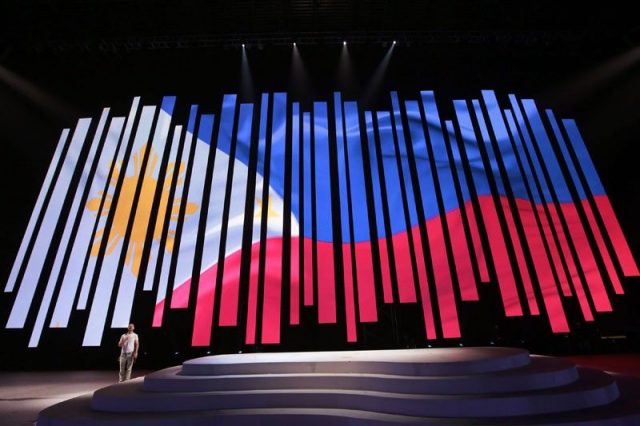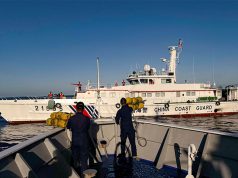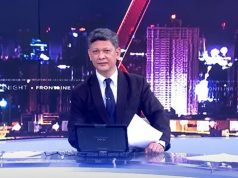
Two top journalism groups in the Philippines denounced statements of organizers of the Southeast Asian Games for blaming the news media for the unfavorable view on their hosting snafus.
Many government supporters have also tagged news organizations on social media as fake news purveyors because of a few errors in some articles about the biennial meet even if these had been corrected.
The Philippine Southeast Asian Games Organizing Committee (PHISGOC), led by Senate President Alan Peter Cayetano, previously claimed—without providing proof—that members of the news media received bribes to report on the hosting failures.
“Even some media outfits admitted that there is overflowing cash to destroy the SEAG. I don’t know (how much) because these were just told to me by close friends and they told me it’s good nobody accepted it since this is for the country,” Cayetano said.
The Foreign Correspondents Association of the Philippines (FOCAP) slammed Cayetano’s assumptions.
“Such sweeping accusations, without a shred of evidence and laced with threats of libel suits, are totally unacceptable and tend to intimidate journalists from reporting irregularities objectively,” the group said on Facebook.
FOCAP statement on 2019 SEA Games issues:The Foreign Correspondents Association of the Philippines denounces remarks…
Posted by Foreign Correspondents Association of the Philippines on Wednesday, November 27, 2019
FOCAP also reminded officials on the basic responsibility of journalists to report problems and issues of events and situations as they are.
“Independent journalists report problems and issues imbued with public interest as they happen and become evident and do not delay the time to press for accountability. We report defeats and victories, failures and triumphs,” the group added.
The National Union of Journalists of the Philippines (NUJP) likewise pointed out that the organizers’ blunders with the hosting preparations is not the fault of media’s reportage.
“It becomes ridiculously unacceptable when the officials responsible for the disaster resort to bashing media as well, as if the reports on their shortcomings were to blame for the disaster,” NUJP said.
[Statement] Don't blame media for SEA Games woesIt is bad enough when trolls are let loose upon media reporting on the…
Posted by National Union of Journalists of the Philippines on Wednesday, November 27, 2019
It particularly cited PHISGOC COO Ramon Suzara’s complaint that local journalists only published negative reports which do not project the country in the positive light.
“The NUJP wishes to remind Mr. Suzara that the duty of the press has always been to report things as they are, based on verifiable facts, and not to pander to anyone’s perception of what is, or should be. Attempting to dictate how the media should report the news has no place in a democracy,” it said.
Cayetano previously said he might file charges against people and entities who were supposedly part of a smear campaign against the Philippines’ hosting.
Errors are not false news
Some supporters of the administration were quick to label some early reports as fake news due to a few mistakes even if these had been corrected.
So tell me, how are we supposed to trust media now? #MediaCrisis #SEAGames2019
ctto pic.twitter.com/7ERGG8tO0i
— Jerry Manilag (@ItsJERRYlicious) November 27, 2019
Even those that were reported before the improvements were made and statements from the hotels involved were issued were accused as “fake news.”
The organizers’ and supporters’ claims do not follow the distinction between the two kinds of false information:
- Disinformation is the intentional or strategic spread of misleading information for propaganda or political agenda.
- Misinformation, meanwhile, contains errors, including those committed by journalists, but were not intended to deceive.
Such distinction had also been explained on social media by some reporters.









